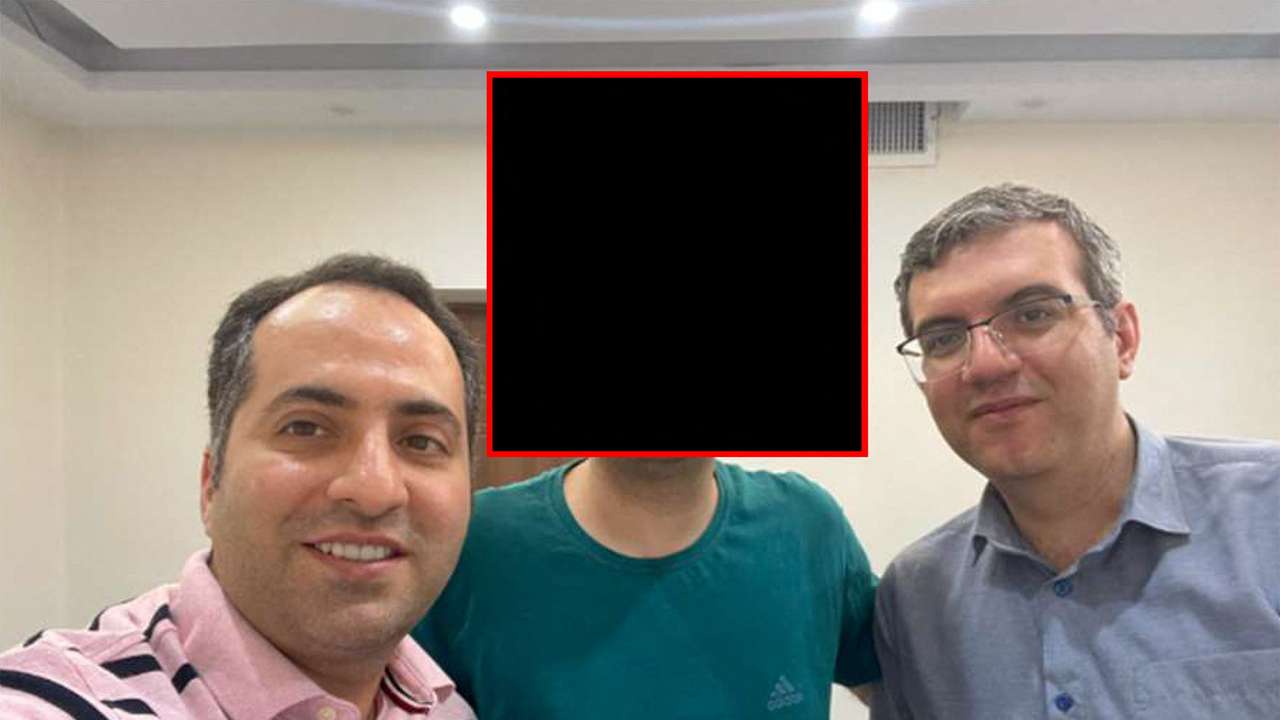Engineer could flee to Iran to avoid drone strike trial, US says

By Nate Raymond
U.S. prosecutors argued on Tuesday that an engineer could flee to Iran if he was granted bail while awaiting trial on charges related to a deadly drone attack on a U.S. military base in Jordan carried out last year by Iran-backed militants.
Federal prosecutors in Boston had three weeks ago told a judge they were open to allowing Mahdi Sadeghi to be released on bond while he awaited trial on charges that he engaged in a scheme to violate U.S. export control and sanctions laws.
But prosecutors moved for Sadeghi's continued detention after the Italian government on Sunday released his co-defendant, Iranian businessman Mohammad Abedini, and allowed him to return to Iran.
That occurred after Iran last week released an Italian journalist, Cecilia Sala, who was detained in Tehran three days after the men's arrests.
Prosecutor Christina Clark cited the events in Italy to argue Iran could take steps to help Sadeghi flee if he was released, something she said he might want to do given the potentially long term of incarceration he faces.
"What the defendant did was, to put it mildly, not only a violation of the law but an affront to the national security of the United States," she said during a court hearing.
Defense lawyer Jessica Thrall countered that prosecutors were engaging in "conjecture" to argue her client would want to leave the United States, as his wife and children live in the U.S.
U.S. Magistrate Judge Donald Cabell said he would rule at a later date on whether to allow Sadeghi's release.
Prosecutors allege that Abedini headed an Iranian firm whose primary client was Iran's Islamic Revolutionary Guard Corps and that made the navigation system used in its military drone program.
Prosecutors say that system was used in an unmanned drone that struck a U.S. outpost in Jordan called Tower 22 in January 2024. The attack killed three U.S. service members and injured 47 others.
Prosecutors said Sadeghi, a dual U.S.-Iranian citizen, while working at the semiconductor company Analog Devices in Massachusetts, helped Abedini secure technology that was transferred to Iran.
Prosecutors said the technology Abedini obtained included the same type of electronic components used in the drone navigation system.
Sadeghi has pleaded not guilty. Iran has denied involvement in last year's attack and had dismissed accusations that it imprisoned Sala to pressure Italy into releasing Abedini.
This article was produced by Reuters news agency. It has not been edited by Global South World.